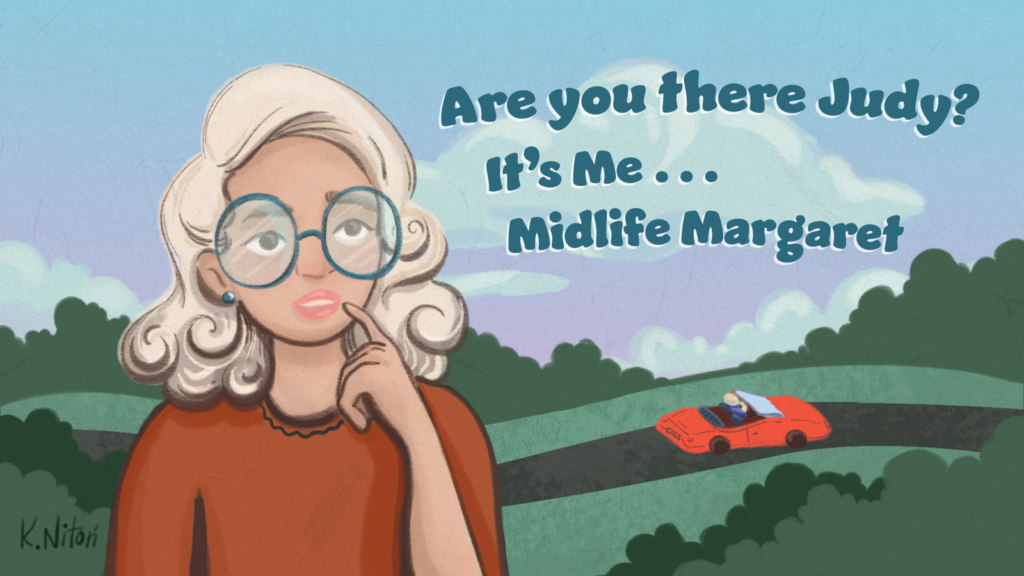
Are You There Judy? It’s Me … Midlife Margaret
Judy Blume told several generations of young women everything we needed to know about puberty, periods, and that fluttery first-crush feeling.
If you are in distress, you can call or text 988 at any time. If it is an emergency, call 9-1-1 or go to your local emergency department.
An Ottawa writer and former speechwriter, and Manager of Communications at the Mental Health Commission of Canada. A homebody who always has her nose in a book, she bakes a mean lemon loaf (some would call her a one-dish wonder) and enjoys watching movies with her husband and 14-year-old daughter. Suzanne’s time with the MHCC cemented her interest in mental health, and she remains a life-long learner on the subject.

Judy Blume told several generations of young women everything we needed to know about puberty, periods, and that fluttery first-crush feeling.

By Suzanne Westover This week, the “s” word is on everyone’s lips. Did you get enough? Overindulge? What about quality? Better than usual, worse? I’m
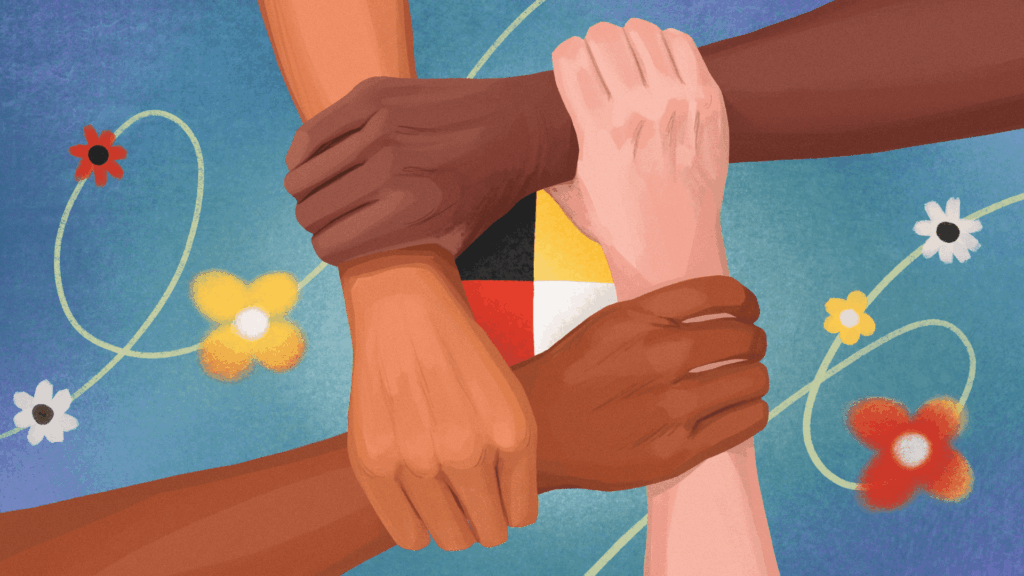
In Monica McAlduff, the First Nations Health Authority (FNHA) has found a leader whose personal journey mirrors the transformation they seek to create. The MHCC
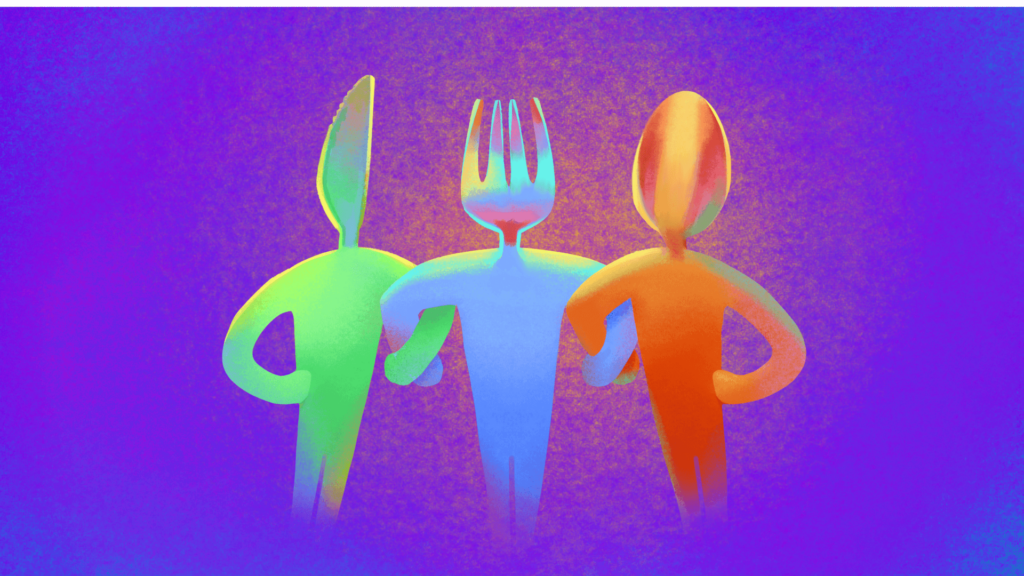
To mark Nutrition Month, the Mental Health Commission of Canada (MHCC) sat down with Christina Seely, Registered Dietitian, Certified Diabetes Educator, and co-chair of the

Leaving my job wasn’t a triumph or a quiet quit—it was conceding that a role I loved had swallowed my identity.

I was resigning, in the truest sense of the word. I was conceding defeat without being checkmated. I had come to accept that something undesirable could no longer be avoided.
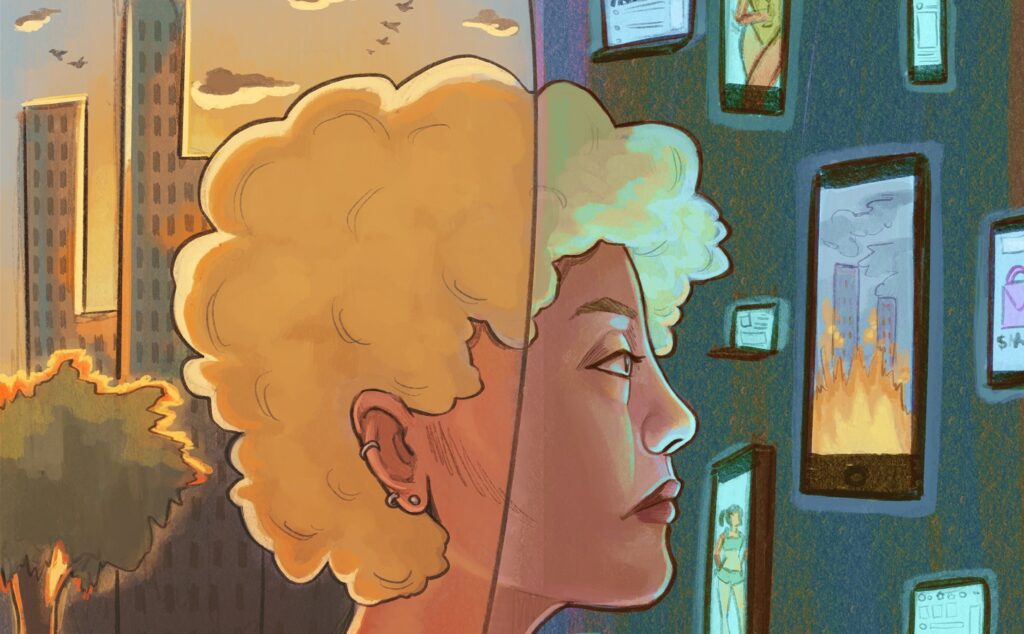
While Digital Health Week was a celebration of the advantages of connected care — from virtual consultations to e-health records to useful apps — it was also an opportunity to reflect on how we maintain our best mental wellness in an increasingly digitized world.
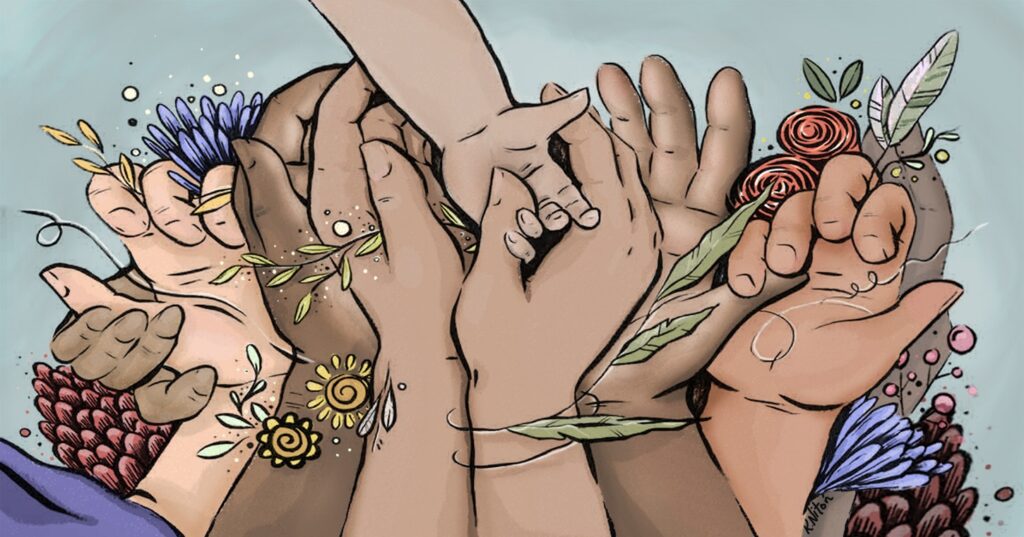
It’s easy to make assumptions about people based on their academic accomplishments, professional successes, or philanthropic contributions. But sometimes if you pull back the curtain, you discover untold depths and hardships that reveal a more valuable story than a five-sentence biography can.
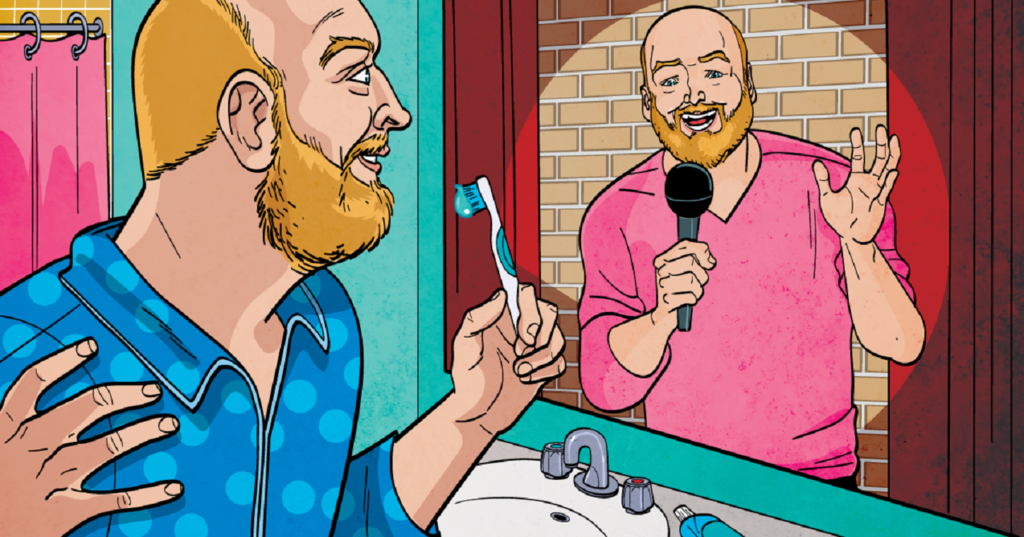
I reached Ian Morrison at his office at the Regina branch of the Canadian Mental Health Association (CMHA). A graduate of the Humber College comedy writing program, he teaches people how to harness their experiences — with mental illness and life in general — into stand-up comedy routines.
“It’s all I’ve ever wanted to do,” he said. “Just tell jokes, make people laugh.”
You can’t learn anything from a pop up.
But you can learn lots from our digital magazine, the experts, and those who have lived experience. Get tips and insights delivered to your inbox every month for free!
Subscribe to The Catalyst